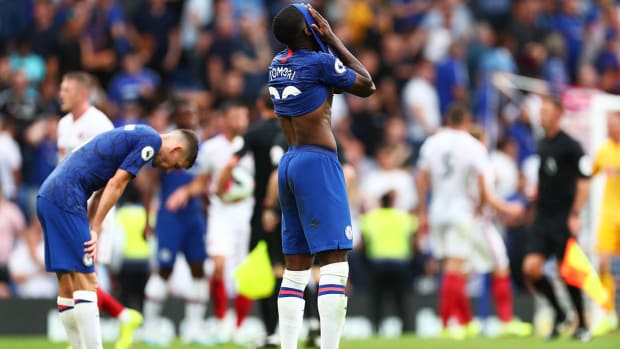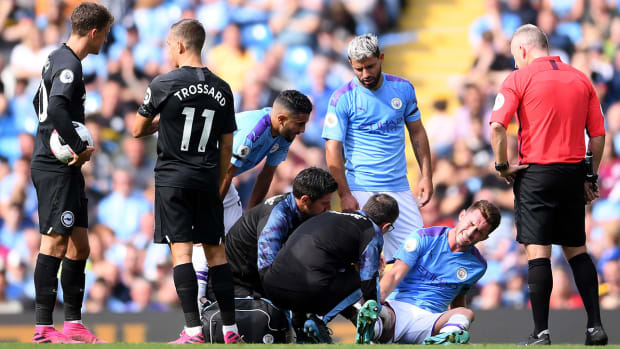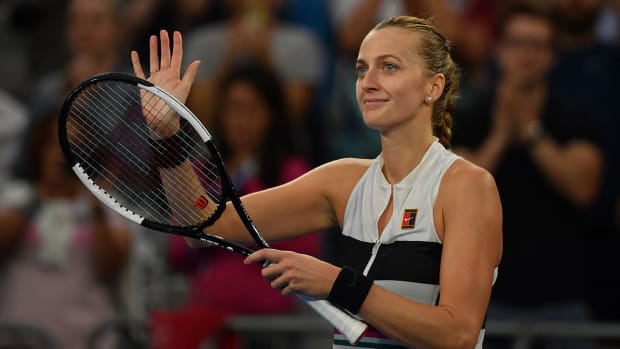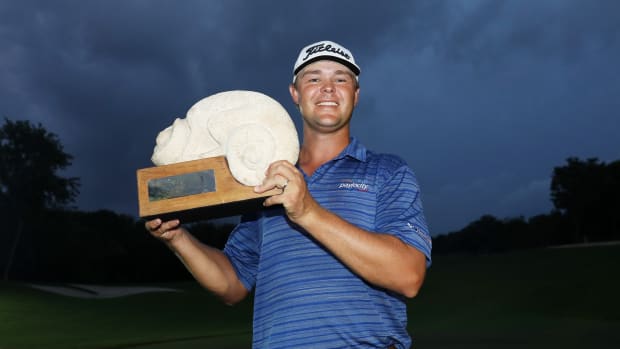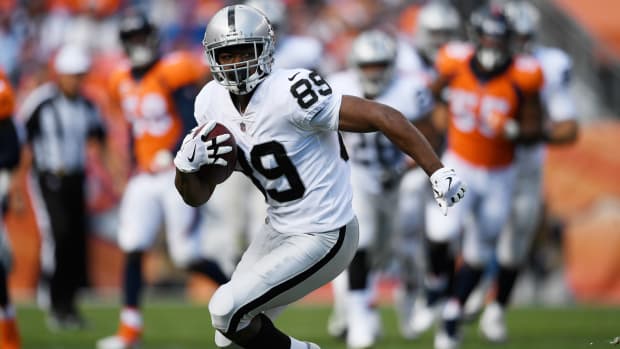Bubka: IAAF should not punish innocent Russian athletes
LONDON (AP) Thirty years later, Sergei Bubka still feels the pain of missing out on a chance of a gold medal at the 1984 Los Angeles Olympics because of the Soviet boycott.
''It's even more painful now,'' the Ukrainian pole vault great said Thursday in an interview with The Associated Press. ''I paid the price. I had an excellent chance to become Olympic champion in 1984. This dream was stolen.''
Now, as vice president of the IAAF, Bubka opposes a blanket ban on Russia's track and field team and wants ''innocent'' athletes protected so they can compete in next year's Olympics in Rio de Janeiro.
''They should not suffer,'' he said. ''It is our duty to protect the clean athletes.''
Bubka will be an influential voice when the IAAF's 27-member governing council holds a teleconference Friday to consider sanctions against Russia's track federation, including a possible suspension that could exclude the country's track and field athletes from the Rio Games.
The IAAF is under pressure to act forcefully following Monday's report by the World Anti-Doping Agency's independent commission that detailed a vast, state-sponsored doping program in Russia. The panel recommended that Russia be suspended from track and field competition until it cleans itself up and complies fully with global anti-doping rules.
Bubka said he has been discussing the options with Sebastian Coe, the former British middle-distance great who defeated him by 23 votes in the IAAF presidential election in August. Coe succeeded Lamine Diack, who was placed under criminal investigation in France last week on charges of accepting bribes to cover up positive drug tests among Russian athletes.
Coe gave the Russians 72 hours to respond to the allegations in the WADA panel's report ahead of Friday's meeting.
''We have to take tough decisions, no doubt,'' Bubka said by telephone from Lausanne, Switzerland, where he was attending Olympic meetings. ''We'll see what happens. It might be a provisional suspension.''
''We will push the federation very strongly to act,'' he added. ''If they go the right way, maybe they will be able to come back before Rio.''
Bubka said sanctions should be aimed at the federation and individual athletes, coaches, trainers and officials involved in doping - but not against all athletes as a whole. Athletes who have not been implicated could be put through rigorous drug checks in the coming months to ensure they are clean going into the Olympics, he suggested.
''We cannot forget about the clean athletes,'' Bubka said. ''They have the right to compete. This is the big issue. We have to make the right decision. We can test the athletes more in the future for sure. But do they deserve to be punished because of mistakes of the entourage and officials?''
Bubka's views are grounded in his own personal experience as an athlete. After the 1984 boycott, which followed the U.S.-led boycott of the 1980 Moscow Games, Bubka won his only gold medal at the 1988 Seoul Olympics. He failed to medal at the 1992, 1996 and 2000 Games. He still won six world championship titles and set the pole vault record - indoors and out - 35 times.
''I was punished by the Los Angeles Games,'' Bubka said. ''It's so painful for me. I won only one gold medal in my career. In 1984, I was 20 years old. I was young and fresh. There wasn't as much pressure as later on.''
''But I consider myself lucky,'' he continued. ''I remember the ordinary athletes who were older than me. That was their last chance. It damaged their lives. Athletes work for 10-15 years to get to the games. That's why we have to be very careful not to steal the dreams of those who did nothing wrong.''
